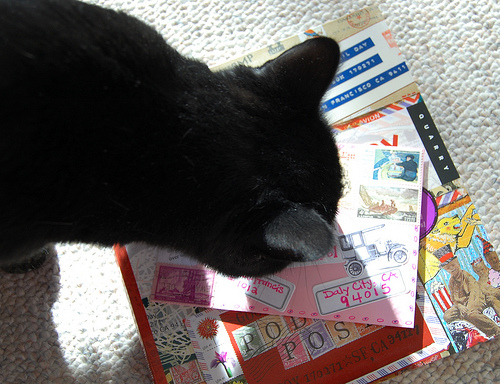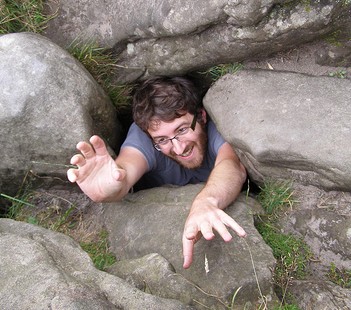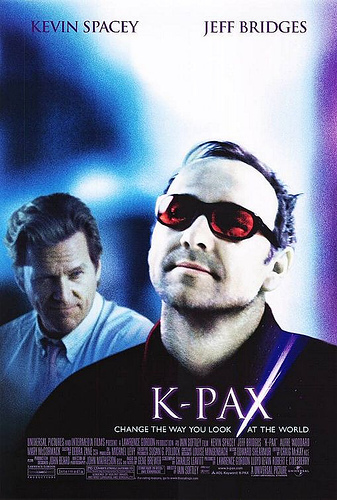How to Take Your Writing from Good to Great
Most of us writers aren’t content with just being mediocre. Just writing so-so books. I’d like to think most writers have a keen desire to improve and excel in their writing, improve in not just their grammar and spelling and all those mechanics but develop a masterful style and even expertise in their craft. Taking the time to improve writing skills is the key to moving from good to great.
As with anything we do, we should take pride in our writing. We should strive to take our writing–whether it’s fiction or nonfiction–to the highest level. Whether we’re writing a short story or recounting a true story in a blog post or article.
There are no shortcuts or ways to expedite this process of taking your writing from good to great. But there are some practical, smart things you can do to be efficient with your time. Better to spend a few weeks intensely focusing on the weak areas of your writing than spending years reading general tips and not getting specifics regarding how to apply them.
I’m all for narrowing the focus. What do I mean?
Athletes are very aware of what their weaknesses are. If you’re in the NBA and you can’t make a free throw to save your life (and, shockingly, there are quite a few terrific basketball players who can’t), you should be spending countless hours every week practicing. Fans know that the outcome of many games rests of how many free throws make it into the basket when the score is close.
I’ve watched many games in which a particular player (do the names Andre and DeAndre come to mind?) was specifically fouled over and over to send him to the free-throw line, knowing the odds were against him. Many games were won by relying on the player’s inability to get the ball into the hoop fifteen feet away (with no one trying to stop him either!).
What’s my point? Well, you’d think those guys would work hard to improve their free-throw percentage. If only to avoid continual embarrassment. But the same applies to everything we do in life. And that includes our writing.
1. Identify Your Weaknesses
First step, then, to avoid wasting years of your life and possible embarrassment (when you rush to self-publish your book and get a lot of negative reviews), is to identify what’s weak in your writing. You may have diligently studied writing craft books (I hope so) and listened to podcasts and read lots of (my) blog posts on the craft. But that usually can’t point out to you what you truly need to work on to take your writing from good to great.
How to remedy this? The best way is to get professional feedback. Yes, critique groups can be helpful (but they can also be useless and even give you bad advice). If you seriously want to improve, spend a little money and invest in your craft. Whether you go for a consultation to discuss your project, have a scene outline critique, or have some chapters or scenes critiqued, you are going to learn a LOT about your weaknesses in your writing (especially if you hire someone who has the expertise to help you).
Yes, it can be nerve-wracking to give your work to someone. But we all have to swallow our pride and fear and just do it. If you plan to send your writing out into the world–to agents, publishers, or readers–you are going to have to risk getting negative feedback. It’s going to happen. Every author has experienced that.
But here’s the thing: If you know your writing is good–more than good, excellent, brilliant, masterful–you take the negative responses in stride. You humbly accept suggestions when they’re constructively useful and you disregard the rest (and you can believe that the trolls and critics increase exponentially as your work garners acclaim).
With all that in mind, that’s the best first step. Will you take it today? Hire me or another seasoned writing coach who has expertise in the type of book you’re writing who can point out those weaknesses and give you concrete, specific advice to help you improve writing skills.
2. Get Deep in Analysis
Okay, maybe you now know what your weak areas are. You might realize your characters are flat, shallow, and stereotyped. You might realize your characters aren’t behaving and reacting believably or they lack emotion. Just knowing these things doesn’t help all that much to get your writing from good to great.
What helps more than anything is studying passages written by masterful writers (in your genre) who are successful in those areas in which you are weak.
You may have some favorite best sellers you can study to see how to emulate what they do. Hemingway said that’s the ticket. You pay attention to what moves you when you read something. Then you study how the writer did it and copy what they did. It sounds easy, but it’s not (sorry, Hemingway).
Here’s what is going to help you study and analyze scenes from current best sellers: take my signature course 8 Weeks to Writing a Commercially Successful Novel. All the most important things I learned over more than three decades is presented in this course. My method to improve writing skills is unique, one you won’t find anywhere else. The reason I developed this unique method of dissecting and analyzing scenes is … well, just what Hemingway advised. You have to look at how the magic is created. How great authors can take words and move readers emotionally.
You can do this too. My course features hours of video lectures that analyze more than three dozen scenes of various genres. Just the bonus video that tears apart the first two scenes of Dan Brown’s Angels and Demons is worth the price of the course.
Here’s what an editing client wrote just last month, after I suggested he dive into this course to learn how to master scene structure (which he just couldn’t figure out on his own):
“8 Weeks to Writing a Commercially Successful Novel was one of the most valuable courses I’ve ever taken as a writer. Each video module contained a defined, digestible and immediately actionable technique intended to transform good writing to great writing. Twenty-one accompanying worksheets and templates widened my vision as a writer, helped organize my approach to every scene, and defined some of the elusive ‘X factor’ traits found in best sellers. In about ten hours, I feel like I’ve elevated my game and line work to a new level. For serious writers, I cannot recommend it enough.”
Amazingly, this writer went through the whole course in a week, but there is enough content in there to digest for months. You can go fast or slow. All that matters is you learn how to do this type of analysis and then apply what you learn to your writing.
When you analyze scenes this way (targeted approach of one element at a time), you understand how much, what type, and where these components need to be present in your scenes. This is the best way to take your writing from good to great. Doesn’t matter if you’re a beginner or a seasoned author with multiple books under your belt. There is always more to learn.
3. Be Determined
I said this earlier, but successful writers are those who do the work. They plow ahead despite disappointments, frustrations, and setbacks (of which there are many). Sometimes we think life should be easy. Everything is fast-food, quick gratification. But usually the best things in life take time and nurturing.
Take time to improve your craft, improve writing skills. If you really, truly love to write and want to get your words out into the world, spend the time and money to become the masterful writer you want to be. It’s within reach. It’s doable. Don’t get discouraged. Just take baby steps. Maybe, as I said, the first step is to schedule a Zoom consultation with me to discuss your project and ideas and obstacles. Or consider a coaching package!
Just knowing someone is there to encourage and spur you on can make all the difference. I had stalled during Covid with my thriller, Lightning Man. I only had about 100 pages left to write, but I just couldn’t do it. Then I chatted with an author friend, and she said she’d help. She offered to read what I’d written and discuss the plot going forward. I was so inspired and encouraged that I finished the rest of the novel in three weeks.
So, what’s your next step? Be sure to check out all my writing craft books and courses on this website. Thousands (yes, thousands) of writers have taken my courses and learned from my books how to improve writing skills. I’ve taught more than five thousand writers and critiques hundreds (I couldn’t begin to count them) of manuscripts.
Make this the day you begin to take your writing from good to great!











